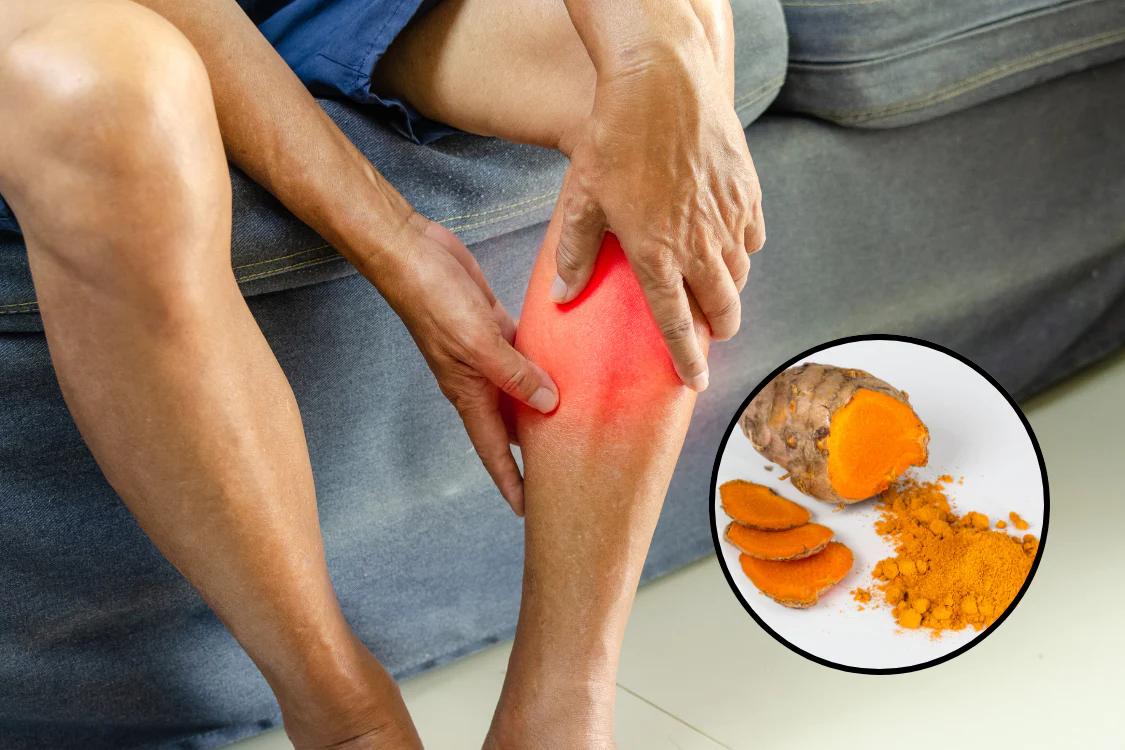Introduction
After an intense workout, many athletes experience delayed onset muscle soreness (DOMS) the stiffness and discomfort that typically peaks 24–72 hours post-exercise. While this is a normal part of muscle adaptation, excessive soreness can hinder performance and recovery. Emerging research suggests that curcumin, the active compound in turmeric, may offer a natural solution to alleviate muscle soreness and accelerate recovery.
Understanding Muscle Soreness
DOMS results from microscopic damage to muscle fibers during strenuous or unfamiliar physical activity, especially exercises involving eccentric contractions. This damage triggers an inflammatory response, leading to pain, swelling, and reduced muscle function. While inflammation is essential for muscle repair and growth, excessive or prolonged inflammation can impede recovery and performance.
Curcumin: A Natural Anti-Inflammatory
Curcumin possesses potent anti-inflammatory and antioxidant properties. It modulates various biochemical pathways involved in inflammation, including the inhibition of cyclooxygenase-2 (COX-2), nuclear factor-kappa B (NF-κB) and pro-inflammatory cytokines like tumor necrosis factor-alpha (TNF-α) and interleukin-6 (IL-6). By targeting these pathways, curcumin can help reduce the inflammatory response associated with DOMS.
Scientific Evidence Supporting Curcumin for Muscle Recovery
- Reduction in Muscle Soreness and Damage
A systematic review and meta-analysis of randomized controlled trials found that curcumin supplementation significantly reduced muscle soreness and markers of muscle damage, such as creatine kinase (CK) levels, following exercise-induced muscle damage. This suggests that curcumin can alleviate the discomfort associated with DOMS and promote faster recovery.
- Improvement in Muscle Function
Studies have demonstrated that curcumin supplementation can enhance muscle strength and joint flexibility after intense exercise. For instance, a study involving recreationally active males showed that curcumin supplementation improved muscle endurance and peak power output following exercise-induced muscle damage.
- Reduction in Inflammatory Markers
Curcumin has been shown to lower levels of inflammatory biomarkers like TNF-α and IL-6, which are elevated following intense physical activity. By modulating these inflammatory pathways, curcumin may help mitigate the inflammatory response associated with DOMS.
Conclusion
Curcumin, with its anti-inflammatory and antioxidant properties, offers a natural approach to managing muscle soreness and enhancing recovery post-exercise. While more research is needed to fully understand its efficacy and optimal dosing, current evidence supports its potential benefits for athletes and active individuals seeking to improve recovery and performance.
References
- Beba, M., Mohammadi, H., Clark, C. C. T., & Djafarian, K. (2022). The effect of curcumin supplementation on delayed-onset muscle soreness, inflammation, muscle strength, and joint flexibility: A systematic review and dose-response meta-analysis of randomized controlled trials. Phytotherapy Research, 36(7), 2767-2778. https://doi.org/10.1002/ptr.7477
- Dias, K. A., et al. (2021). Effects of Curcumin Supplementation on Inflammatory and Muscle Damage Biomarkers During Acute Physical Exercises. Nutrients, 13(6), 1906. https://doi.org/10.3390/nu13061906
- Fernández-Lázaro, D., et al. (2020). Modulation of Exercise-Induced Muscle Damage by Curcumin Supplementation: A Systematic Review. Nutrients, 12(7), 2071. https://doi.org/10.3390/nu12072071
- McFarlin, B. K., et al. (2016). Reduced inflammatory and muscle damage biomarkers following curcumin supplementation during recovery from exercise-induced muscle damage. Journal of Sports Science & Medicine, 15(4), 614-620. https://www.ncbi.nlm.nih.gov/pmc/articles/PMC4802396/
- Nosrati-Oskouie, M., et al. (2022). Curcumin: A dietary phytochemical for boosting exercise performance and recovery. Food Science & Nutrition, 10(10), 3531-3543. https://doi.org/10.1002/fsn3.2983
